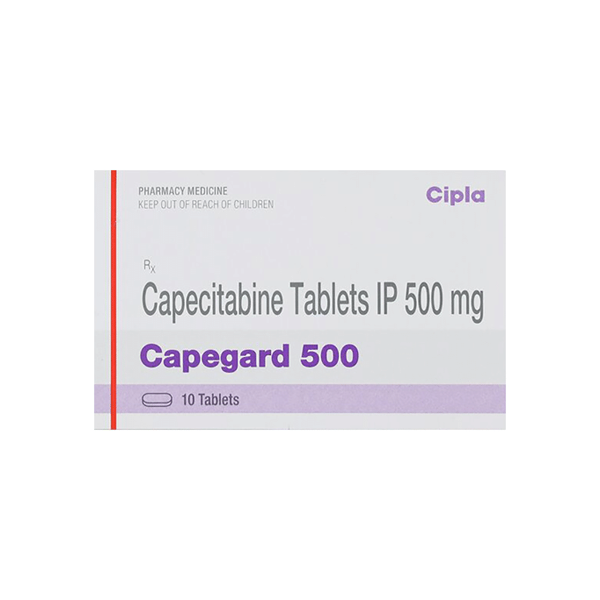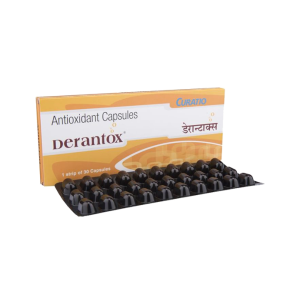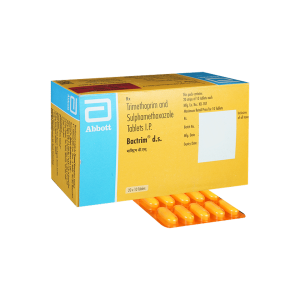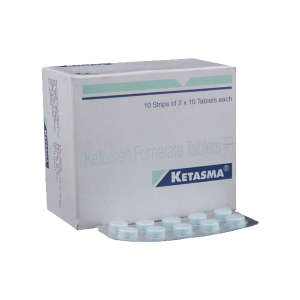Oral capecitabine pills, sold as Capegard, treat breast, colon, and rectal malignancies. Prodrug that converts into cancer-fighting 5-fluorouracil (5-FU), Capegard’s main component.
Active Ingredient: Capecitabine
Oral capecitabine is chemotherapy. The liver and tumor tissues manufacture 5-fluorouracil (5-FU) enzymatically. It follows internalization. The ultimate metabolite, five-FU, has long been used to treat cancer.
Action mechanism
Capecitabine’s targeted action may work. The gastrointestinal system absorbs capecitabine from hepatic 5-FU. 5-FU capecitabine. 5-FU inhibits DNA synthesis in fast-growing cancer cells, treating it. Insertion into DNA causes replication mistakes that destroy the cell. Capecitabine only stimulates malignant cells, making it simpler to manage than intravenous 5-FU. As capecitabine only treats cancerous cells. This lowers systemic harm.
Clinical Applications
Metastatic breast cancer patients get capecitabine. This is especially true for patients who have not responded to previous treatments. Docetaxel monotherapy and combination therapy are alternatives.
Colon and Rectal Cancer
Capecitabine is often given with oxaliplatin, irinotecan, or radiation. Adjuvant treatment may reduce post-surgery cancer recurrence.
Other Cancers
Capecitabine may treat other malignancies, depending on the doctor and patient. These supplement the fundamental indications.
Dosage and Administration
Ideally, take two Capegard capsules twice a day 30 minutes after eating. This procedure is standard. For individualized treatment, body surface area determines dosage. Patient response and pharmacological tolerance may affect timeframe. The standard treatment program is two weeks followed by one week off.
Side Effects
Capecitabine has side effects like other treatment. Nausea, vomiting, diarrhea, hand-foot syndrome (redness, swelling, and pain on the palms and soles), fatigue, and myelosuppression are common adverse effects. Drug discontinuation or dose adjustment may reverse most side effects. Most side effects are tolerable.
Precautions and Monitoring
Taking capecitabine requires frequent blood counts, liver, and renal function testing. Preexisting conditions or serious side effects may need dose adjustments. Handling toxic substances need hydration and assistance.
Conclusion
Capagard capecitabine tablets are effective and adaptable cancer treatments, especially for breast and colorectal cancers. It targets cancer cells with little systemic side effects, making it a viable oncology tool. Like any other chemotherapy regimen, regular monitoring and supportive care are needed to maximize efficacy and reduce side effects. The role capecitabine plays in modern cancer therapy shows the importance of oncology research and innovation.







Reviews
There are no reviews yet.